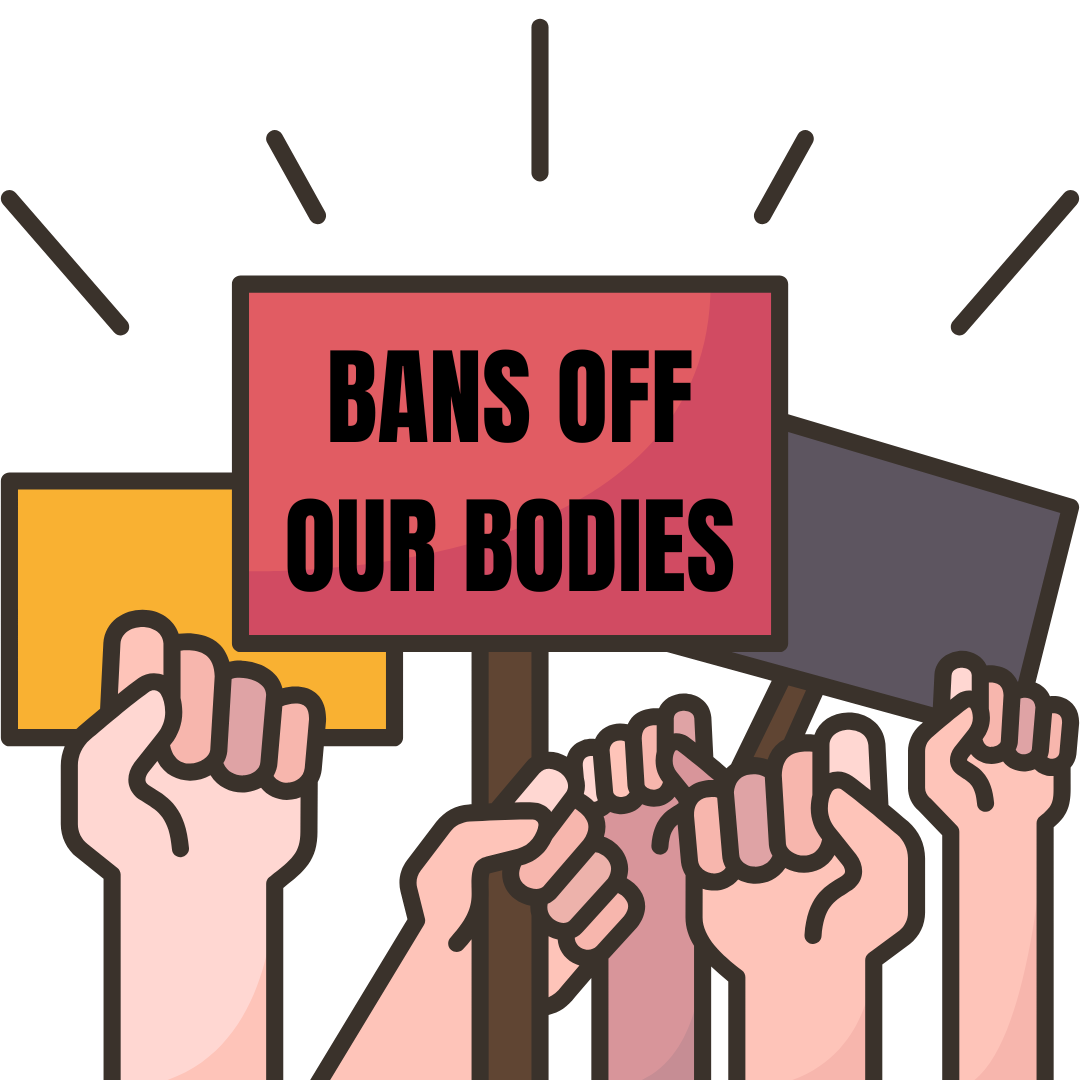Nov. 6 marked the day the United States experienced a shift in not only politics but also moral integrity. As reproductive rights were on the ballot in this election, women around the world braced themselves for the worst that they hoped wouldn’t come: a win for President-elect Donald Trump and a loss for women’s rights. In the days following the election, women were faced with decisions to make about birth control options and contraception, as it is definitive that the decision in Roe v. Wade that granted the national right to abortion will not be reinstated. With the fate of reproductive rights in the hands of individual states and threats to access to contraception, South Korea’s 4B feminist movement has been gaining popularity in the United States. The 4B movement is a “radical feminist movement that started in South Korea and encourages the rejection of heterosexual dating, marriage, and sex, as well as childbirth.” Although this movement has not become a universal practice, many women have begun to adopt these ideas to protect themselves and have control over their bodies.
Jada Mevs, a 25-year-old woman from Washington, D.C., has taken to the media to encourage women to adopt these ideas, saying, “[I]f we can’t control what they do in terms of legislation and abortion rights, we have to do something for ourselves.” Not only have concerns about abortion access and reproductive rights risen since Trump’s election win, but there has also been an influx of misogynistic rhetoric online, as nationalist Nick Fuentes took to X, tweeting, “Your body, my choice. Forever.” I also found the 4B movement coming up in discussion with my friends shortly after the election, and Google Trends has shown that by Nov. 7, searches of the term “4B” had hit a rating of 100, representing peak popularity for the term. It is also telling that the term “4B” had a search rating of 100 in Wyoming, a state that went red in the election, while in New York, a blue state, the search rating was only 61. It is painfully clear that the women in Republican-controlled states are currently in the most danger, and the women in this nation need to come together to protect one another during this time. The 4B movement serves as a unifying motion for women to take back their power. Following the extremely misogynistic comments being posted on social media platforms following the election, one user on X, @lalisaaura, tweeted, “We can’t let these men have the last laugh… we need to bite back.” Violating comments circulating in the media, along with frightening policy changes, have caused an increase in interest in an Americanized version of the 4B movement — but how much could this impact public policy and enact social change?
In the past, it certainly has been shown that protest can lead to change, but with full Republican control of the presidency, the Senate and the House of Representatives, it is unlikely that a wide-sweeping policy change will occur as a result of women engaging in the 4B movement. Although Trump has made it clear that he will leave abortion access decisions in the hands of the states, there is also still a fear of a federal abortion ban being put in place. These facts combined have brought about impending anxiety and stress among women who will no longer have bodily autonomy in states that have already passed abortion bans, and ones that plan to.
Even if this form of protest does not result in the passing of pro-choice legislation, I think that the choice to participate in the 4B movement still holds incredible power. As a woman who watched my human rights get voted away in this election, I think it is helpful to have something to hold on to and something we can control: our own bodies and our own decisions. It is incredibly sad that women’s safety has been put into the hands of those who cannot protect it, but we can still protect ourselves, and that is what is empowering about this movement. Although the election results saw a painful loss for women, we will continue to fight, take back our power and safeguard our bodily autonomy to push through the next four years and every year beyond that.
Ava Pastore, FCRH ’26, is a communication and culture major from Broomall, Pa.










































































































































































































